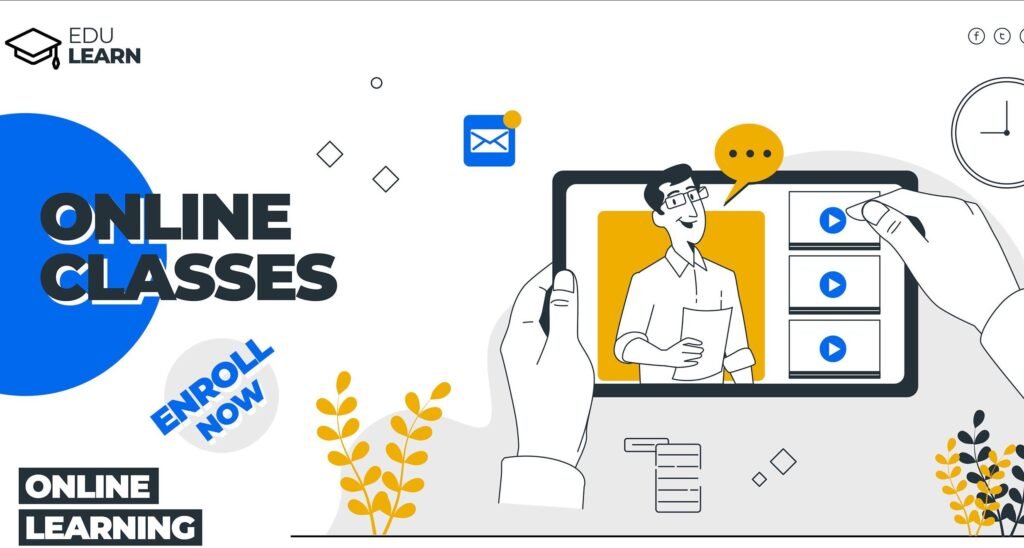
Do you want to commercialize your expertise and talents by creating an online course for people in business but are unsure where to begin?
There are a few crucial factors you must consider to create a great digital product, regardless of your level of experience or where you are in the process. To create an engaging online course for those in business, MasterClass provides an excellent template to follow. If you’re interested in learning more, EdWize’s detailed MasterClass review highlights their comprehensive approach to delivering exciting and educational content. MasterClass courses are led by highly experienced professionals with the perfect blend of teaching elements and real-world scenarios.
In this post, we’ll examine the 6 key actions you should take to make your course engaging.
1. Selecting an Appropriate Course Topic
It all comes down to how much passion you put into creating a decent course.
Consider your abilities and the knowledge you’ve gained in the industry. How might all of this be included in your course?
Almost everything can be learned online. Prior to getting into a particular, try to decide on a broad theme. Fundamentally, if you enjoy what you do and meet a need for someone else (which is essential), you have a niche and a skill set that you can market online.
It’s important to keep in mind that people buy your course because they want to change and learn something, not just because it’s awesome.
Be sure there is a significant market need for your proposed online course.
It’s critical to pick a subject with an audience that is eager to learn and willing to pay for your lessons. Many creators make the mistake of believing there is no competition, and this belief can kill your project’s momentum.
Thus, don’t forget to also conduct a competitor study before starting to work on your project in detail.
2. Employ Google Trends
Check Google Trends to discover if a sizable enough audience is looking for the topic online. Also, it gauges how well-liked it has been over time.
When the pandemic first started, for instance, people were seeking methods to train at home, so if you search for “online courses for digital marketing,” you can see that they particularly became popular around that time.
3. Limit the Number of Searches
Finding out how many people are using search engines to look up a given topic is easy with the help of search volume.
The Google keyword planner is available without any charges. To access detailed information, enter keywords. Also, it will recommend other keywords that visitors might use to find your course.
4. Is There a “Gap” in the Competition You Can Fill?
Fill a void in what your competitors aren’t supplying. In this situation, differentiation is a crucial factor.
Investigate what your competitors are doing, evaluate their overall product and offer, and work to set yourself apart. A completely different group of people could be your target market for your online course.
Is there truly a market for the solution you provide in your course? There are several ways to confirm this:
Develop an MVP; the minimal viable product is a course prototype that can be used to gauge interest in the subject. By doing this, you can avoid putting time and effort into a course that nobody wants to buy.
Speak to individuals, do interviews, ask questions, and join organizations and forums, such as Quora, to get a sense of their issues, questions, and demands.
By doing this, you behave based on actual data rather than just your personal preferences.
5. Choose the Appropriate Platform
You need to use a Knowledge Commerce platform to design, deliver, and monetize your online course.
There are a ton of options available to you, but not all of them are created equal.
The two most prevalent are Kajabi and FreshLearn.
You may produce and market video courses, podcasts, and ebooks, as well as create your website, sales pages, and bespoke offers. You can also gather leads.
The potential is enormous, and you also have outstanding technical support available, ready to advise and support you in launching your project, as well as a group of Digital Coaches that regularly produce training webinars for the Community.
6. Offer Support To Your Students
Your students can change online classes, achieving a state they fervently desire.
Whether it be for their personal or professional lives, they want to change. It is important to lead them through this evolution step by step.
The fact that you are aware of the potential of your course does not necessarily mean that your future students are. You must describe the outcomes you expect from the course you have created or are about to implement.
